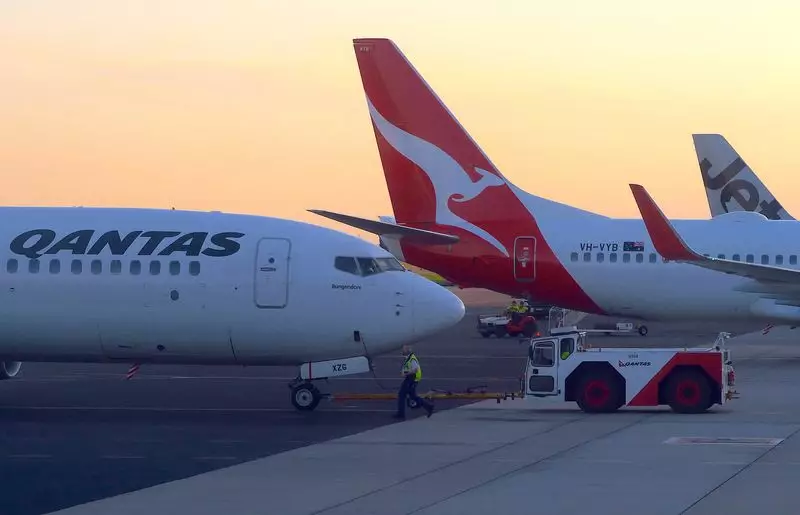In a pivotal ruling that resonates far beyond the immediate financial implications, Australia’s Federal Court has ordered Qantas Airways to compensate three former baggage handlers a total of A$170,000. This verdict comes in the wake of unlawful sackings that occurred in 2020, a reaction to the pressures of the COVID-19 pandemic. The significant payout of A$30,000, A$40,000, and A$100,000 respectively reflects not just the financial harm inflicted, but underscores a broader recognition of the emotional distress and insecurity caused by Qantas’ abrupt decision to outsource its ground handling operations.
Judge Michael Lee’s decision lays the groundwork for a potential massive damages bill for approximately 1,700 workers affected by similar outsourcing practices. By designating these three cases as “test cases,” the ruling may set an precedent for what compensatory standards should look like in a workforce increasingly faced with job insecurity due to corporate restructuring strategies.
Qantas had defended its actions, asserting that the mass sackings were a necessary reduction in workforce costs as the airline grappled with the financial ramifications of the pandemic. This defense, however, faltered under judicial scrutiny. The court found that if Qantas had approached its cost-containment ambitions more judiciously and legally, it could have achieved the desired savings without resorting to what the court deemed an illegal layoff strategy.
This revelation not only casts doubt on Qantas’s internal decision-making processes but also raises important ethical questions about corporate accountability during crises. The fallout from the pandemic presents an opportunity for scrutinizing how businesses manage labor relations under adversity, and the implications of disregarding the well-being of employees.
The ruling is particularly significant against the backdrop of ongoing reputational challenges for Qantas. The airline has faced a barrage of criticism, including allegations related to the sale of tickets for flights that had already been canceled and attempts to influence governmental policy for competitive advantages—actions perceived as detrimental to consumer trust.
Transport Workers Union national secretary Michael Kaine aptly criticized Qantas for its past behavior while challenging the airline to live up to its claims of reform. The court’s instruction for Qantas to collaborate with the union on compensation solidifies the expectation that corporations must embrace a more responsible and ethical approach to workforce management.
Looking Ahead
With Qantas’s newly appointed CEO Vanessa Hudson expressing an intent to learn from past missteps, there remains a palpable tension between corporate promises and the reality of labor relations in the airline industry. The court has set a date for further discussions on compensatory measures for all dismissed workers, indicating that the legal repercussions of this case will be felt long into the future.
As the aviation sector recovers, the responsibility to prioritize employees will be closely monitored. This moment serves as a crucial reminder that fostering trust and ethical practices is essential in rebuilding not only the company’s reputation but also the faith of the workforce and the community it serves. In the age of emerging corporate accountability and social justice, how Qantas navigates this challenge could very well define its legacy in the years to come.

